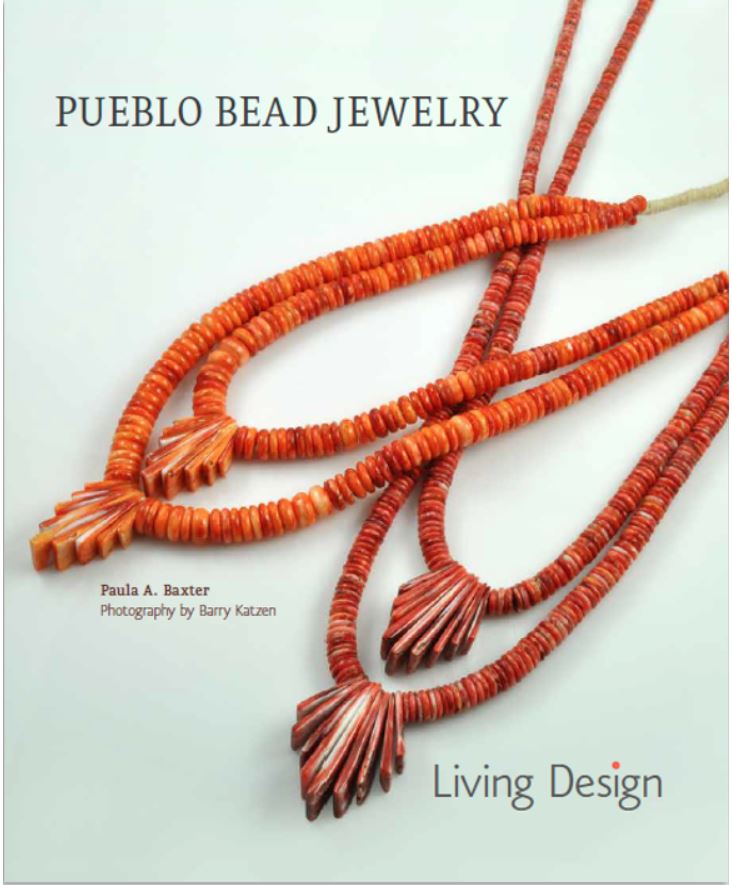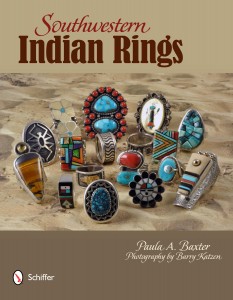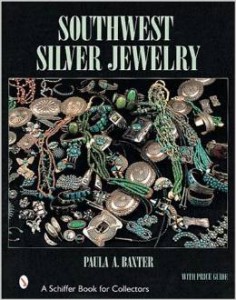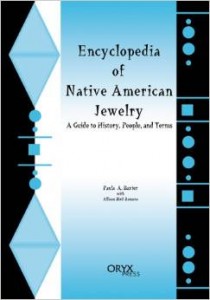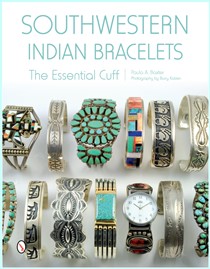“I’m honored, sir. I remember seeing you and your band on early MTV. Apache Tears, wasn’t it?”
Errol’s father nodded. He was, Manuel thought, one of the handsomest guys he’d ever seen, even in a four-year stint in L.A. and Hollywood. Age had only intensified his good looks. First of all, his face seemed carved from a fine stone, like pipestone, with high cheekbones a long aquiline nose, and a thin mouth framed by slash lines. He wore a black tee shirt and jeans of the same color. At first glance he appeared expressionless, but a closer look told Manuel that the flat dark eyes reflected a bleakness that chilled him at once. Something had gone wrong with this guy.
At his gesture, Manuel took a chair near the sofa and Errol threw himself into another. Errol’s father placed the flute on an end table and picked up a weather-beaten Gibson and launched into Manuel’s hit song “Out on a Limb.” Manuel listened in fascination for his words as sung by the man on the couch resonated more deeply and darkly. When he finished, Mandragon regarded Manuel with somber eyes, “My old man was an alcoholic, too.”
There was only one way to thank his host. Manuel, after receiving a nod, got up and walked to a table where he extracted a Suzuki guitar, a cousin of the one he’d learned to play on. Remaining standing, he strummed a few chords and then sang a slower version of “When I Remember.” The song had been a hit in the early to mid-70s.
A slow smile curved on the Apache’s lips. “Do you recall ‘Raven Tells All’?” he asked. Manuel nodded tentatively and replied, “Well, I can play melody.”
Errol clapped his hands as the two men played. Mandragon had a husky voice, undoubtedly seasoned by drink and drugs. But Manuel also recalled that Apache Tears had been a combination of protest, folk, and experimental rock. The electric guitars on the wall had taken their sound to new levels the same as other groups of the time were trying out.
The next two hours were filled with an impromptu jam session that sometimes felt like a musical duel. Manuel suspected that he was being tested; his flagging spirit rose to the challenge, though.
They broke briefly at one point and Errol volunteered to make dinner. His father pulled out some bills and instructed the boy to go to a restaurant. Manuel didn’t hear the name. He insisted on giving Errol a ten dollar bill, claiming he’d never expected such hospitality. When the boy left, Mandragon put his guitar down on the couch next to him. Manuel wondered if it was because he’d anticipated his question, “What happened to the band?”
“We let success go to our heads. Three of us were Indian; we never should have gone so far from the values of our heritage. I can’t make excuses and say it was because the white guys did it to us. Nobody made me a drunk and a junkie,” he said, his voice lowered, “except myself.”
“When did you go straight?” Manuel asked after the silence began to feel heavy.
“It took my wife walking out, leaving me Errol. Then Dan Masters accidentally set a forest fire that wiped out a small town. He killed himself before the cops came for him. One of the elders from my people came and got me into a facility in Phoenix. He and his wife looked after Errol.”
“How long ago was that?” Manuel asked.
“Five years now. Dan’s death caused a minor media sensation. I had reporters camped out on my porch.” Mandragon pursed his lips as he looked back at what was clearly a very bad memory.
“What do you do now?” Manuel had been unsure whether to ask this question, but he was genuinely curious.
“Play any gig I can get. Mostly bars in Flagstaff or Sedona. I do a traveling high school tour about the dangers of booze and dope.” White teeth flashed for a moment. “Scare the kids witless.”
Something rang like a tinny bell in the back of Manuel’s mind, but he brushed it aside. “I’d like to hear you play that flute?” Mandragon had a solo on his band’s first record that was one of the most masterful sound effects Apache Tears had become known for.
His host obliged, but he didn’t play the solo, instead choosing a song that probably came from his heritage. It was long, convoluted, and absolutely heartbreaking in its intensity. Manuel could feel the weight of history the notes evoked. Of lines of tired men on horses being marched by uniformed cavalrymen. The stupor of waiting outside the agency for rations, and then the cold certainty that tomorrow would bring another day of emptiness and lost pride.
